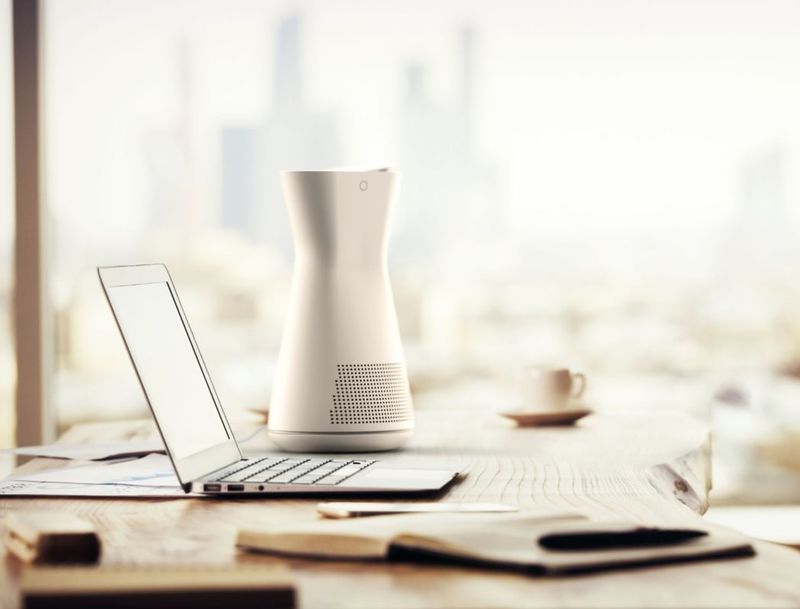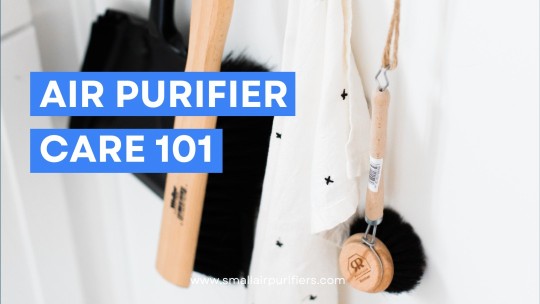
Source: xyz
Take Caution: What You Need to Know About the Risks of Using an Ionizer
Air purifiers with built-in ionizers have been under scrutiny since these ionizers can actually increase your exposure to certain toxins.
We are going to take a look at the risks associated with using an ionizer in an air purifier, and why you probably shouldn't consider this type of device. We’ll also explore some alternative methods of improving your home’s air quality so you can breathe easier.
What Is an Ionizer?
An ionizer is a device that releases charged particles into the air. These particles are called ions. They can latch onto airborne pollutants and cause them to stick together, allowing them to be more easily filtered out.
Ionizers can produce potentially harmful ozone which has a strong odor and can cause shortness of breath, chest pain, and coughing. In addition, some studies have linked ozone exposure with respiratory illnesses such as asthma and bronchitis.
The Risks of Using an Ionizer
Inhaling ozone for even a short period of time can cause:
- Chest pain
- Wheezing
- Coughing
- Throat irritation
- Shortness of breath
- Lung inflammation
Long-term exposure has even been linked to more serious problems like asthma and other chronic lung diseases. Children and elderly people are especially sensitive to ozone exposure and can suffer more severe symptoms than healthy adults.

Check out our collection of small air purifiers.
How Can You Protect Yourself?
The best way to protect yourself from the health risks associated with an ionizer is to avoid using one altogether. If you must have an air purifier in your home, opt for one without a built-in ionizer or make sure it has an inactive setting that eliminates any risk of producing ozone.
Alternatives to Using an Ionizer
To avoid the health risks associated with an ionizer and still benefit from cleaner air, consider these alternatives:
HEPA Filters
High Efficiency Particulate Air (HEPA) filters are widely regarded as one of the most effective ways to remove pollutants from the air. They will capture pollutants that are as small as 0.3 microns and can capture up to 99.97% of airborne particles. The filters need to be changed regularly for optimal performance, usually about once a year.
Activated Carbon Filters
These filters work to absorb gaseous molecules from the air and can remove vast amounts of odors, smoke and volatile organic compounds (VOCs). Activated carbon filters can last up to two years before needing replacement, although this varies slightly depending on usage patterns.
Ultraviolet Light Air Purifiers
Ultraviolet light is great for killing bacteria and other potentially hazardous particles in the air without producing any ozone or other harmful byproducts. These purifiers tend to last longer than HEPA and activated carbon filters before needing replacement, often five years or more if maintained properly.

Featured Air Purifier
Levoit Core Mini Air Purifier
Is There a Way to Create a Safe Environment With an Ionizer?
No matter how tempting it may be, using an air purifier that contains a built-in ionizer can create a hazardous environment in your home. The main issue with using this type of air purifier is that the ions it emits can have a negative reaction with other substances in the room.
Since the ions alter the composition of molecules in the air, they can form additional pollutants like ozone and nitric oxide. This is why you should opt for an air purifier that does not contain an ionizer — these models only cleanse your air without any additional risk factors.
If you are looking for a safe and effective way to keep your home’s air clean, you should look for an air purifier with advanced filtration that does not use an ionizer. The best models will feature multiple stages of filtration, including HEPA and carbon filters to remove even the smallest particles from your home’s atmosphere.

Healthy Habits: Tips to Keep the Air in Your Home and Office Clean

How to Choose the Right Small Air Purifier: The Most Important Features

Cleaner Air for Better Work: The Benefits of Small Air Purifiers on Your Desk

Boost Your Air Quality: How CADR Measures the Effectiveness of Air Purifiers

Air Purifier Care 101: How to Maintain and Clean Your Small Air Purifier